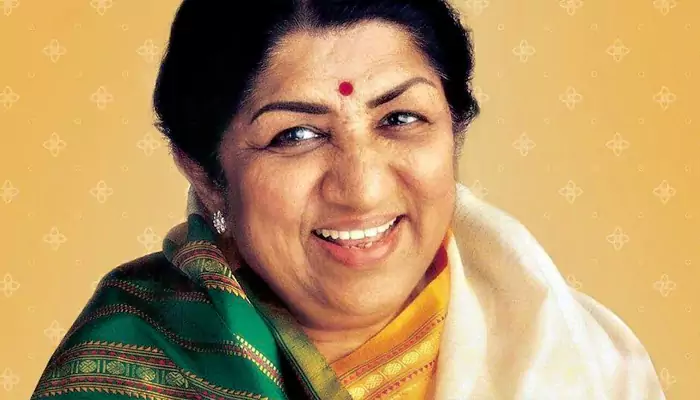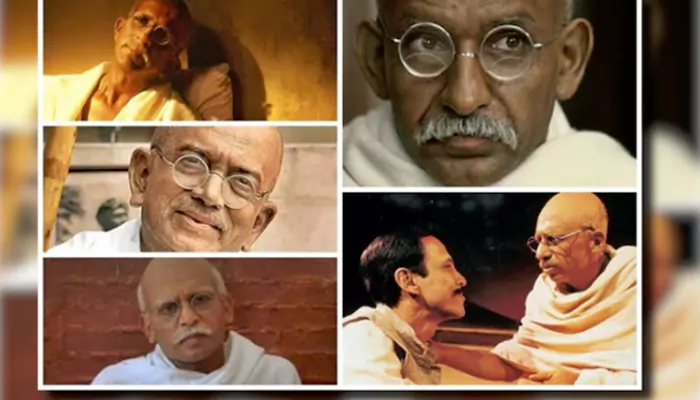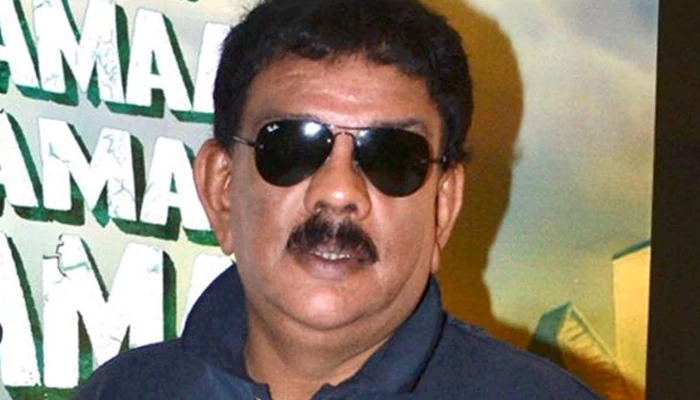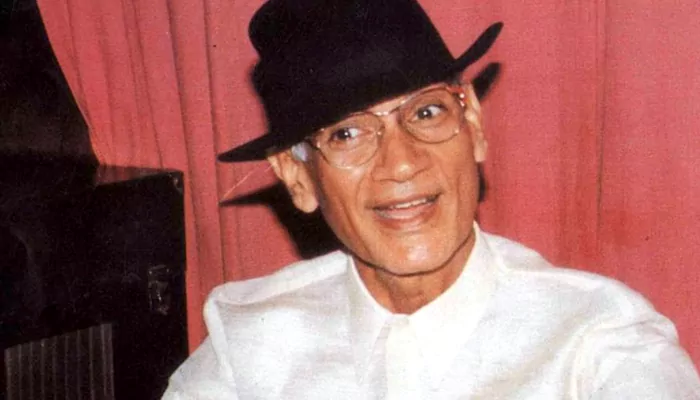Lata Mangeshkar’s Birth Anniversary: When the Nightingale Said She Didn’t Want to Be Reborn as Herself
- Sayan Guha
- 4 months ago
- 4 minutes read

Behind the immortal voice lay sacrifices, solitude, and an honesty that still echoes today
What does it truly mean when a voice that has shaped generations and defined a nation's soundscape confesses that she would prefer not to be reborn as herself? This surprising revelation comes from Lata Mangeshkar — the Nightingale of India — whose 96th birth anniversary we celebrate this September 28.
Even as her beautiful melodies continue to fill radios, weddings, and cinema halls, the woman behind that divine voice carried burdens unseen by her many fans. Despite her worldwide fame, she shared openly in a heartfelt conversation that if she could choose another life, she would rather not be Lata Mangeshkar again.

Credit: Britanica
A life built on sacrifice
The remark, made with candid honesty, hinted at the hidden struggles beneath her calm exterior. Colleagues and admirers have long recognised how she prioritised family over personal desires. Actor Shatrughan Sinha once remarked that she had sacrificed marriage and companionship to bear responsibility for her loved ones. While millions imagined her life to be adorned with glamour, she carried duties that left little room for herself to spare.
Her statement was not born of bitterness, but rather a reminder that even icons pay unseen prices. It revealed the cost of greatness — an existence shaped by discipline, expectation, and the relentless burden of being a national treasure.

Credit: The New York Times
The nightingale of India
For nearly eight decades, her voice echoed through every shade of Indian emotion — joy, longing, devotion, heartbreak. With an estimated 30,000 songs across Hindi and regional languages, she became more than just a singer; she was the sound of India itself. Her songs served as lullabies for children, anthems for lovers, and companions for the lonely.
Yet, she carried this gift with quiet humility. She did not seek the cult of celebrity but chose the discipline of craft. She was a rare star who lived simply, even as her voice journeyed from the black-and-white era to the digital age.

Credit: The Statesman
Her final journey
When she passed away in February 2022, at the age of 92, the nation stood still. Shivaji Park in Mumbai became a sea of mourning as state honours accompanied her final rites. Leaders, actors, cricketers, and countless ordinary fans gathered to bid farewell. It was not just the death of a singer; it marked the end of a chapter in India’s cultural memory.
The tributes that poured in made clear that she will be remembered as long as the sun rises — not only for the breadth of her repertoire but for the purity with which she sang.

Credit: bollywoodshaadis
More than a legend, a human being
Perhaps what makes Lata Mangeshkar’s legacy even more touching is her honesty about her own fragility. To say she would not want to return as herself was an admission that even legends suffer in silence, even icons bear unseen scars.
LATA Mangeshkar turns 89!
— Film History Pics (@FilmHistoryPic) September 28, 2018
Born in Indore she worked as a child actor, before recording her 1st song for a Marathi film in 1942.
Happy Birthday #LataMangeshkar pic.twitter.com/OJBqGZ1X9A
Her achievements, however, stand as tall as her voice. She received the Dadasaheb Phalke Award in 1989, the Bharat Ratna in 2001, and France’s National Order of the Legion of Honour in 2009. She won three National Film Awards, numerous Filmfare honours — including a Lifetime Achievement Award — and in 1974 became the first Indian playback singer to perform at London’s Royal Albert Hall. At one point, she even held a Guinness World Record as the most recorded artist in history.
Few artists in the world have carried such a mantle of recognition across continents. Lata Mangeshkar was not only India’s “Queen of Melody” but also its cultural ambassador to the globe.












